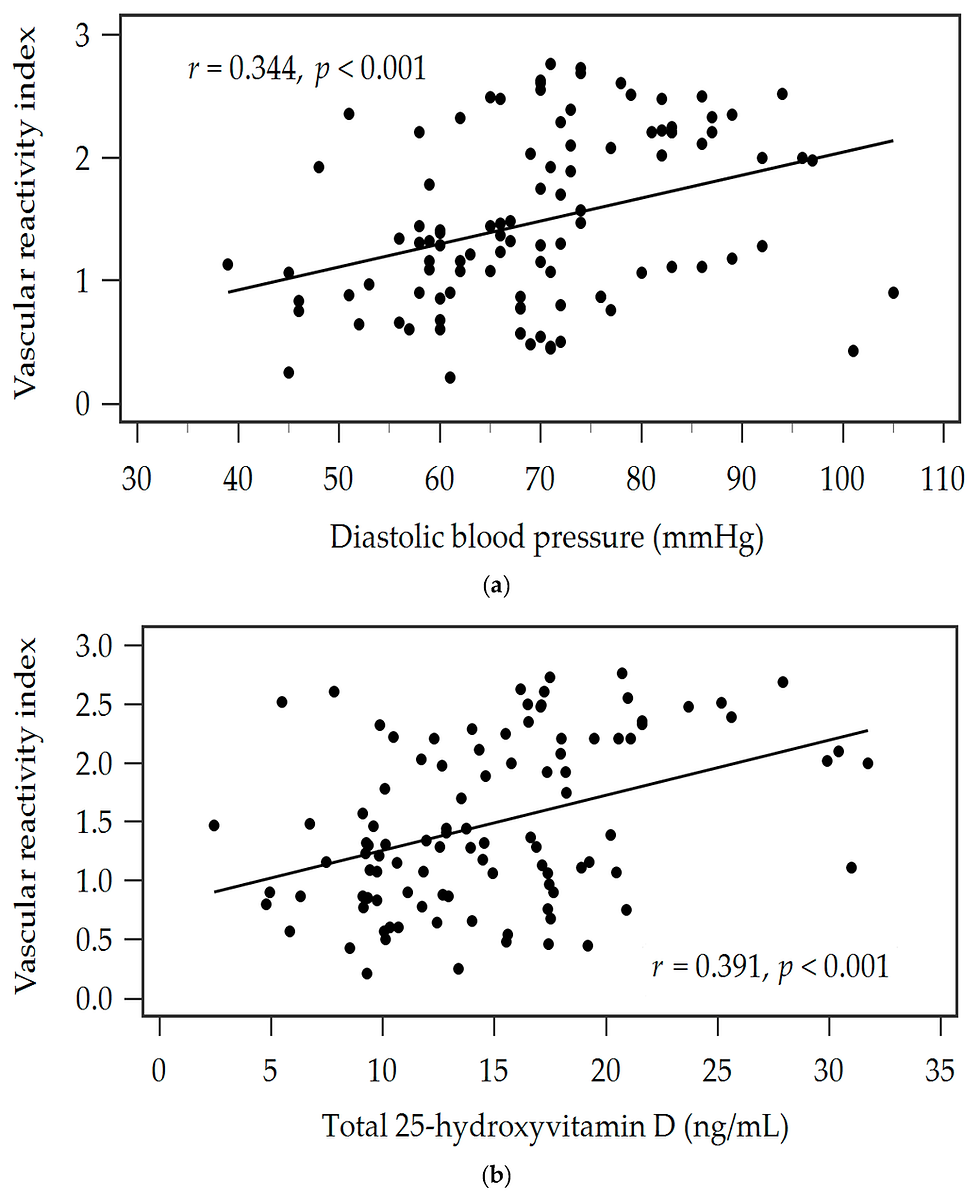The effect of shame on endothelial function: discussing potential mechanisms and future directions
- heartlung
- Apr 10, 2023
- 1 min read
Exp Physiol . 2023 Apr 5.
Abstract
In their letter to the editor, Craig and colleagues discuss a paper that we recently published (McGarity-Shipley et al., 2022) in which we found that shame, a specific form of psychosocial stress, negatively impacted endothelial function but surprisingly did not elevate cortisol or the pro-inflammatory marker soluble tumour necrosis factor-α receptor 2 (sTNFαRII). To explain this phenomenon, Craig and colleagues hypothesize various alternative mechanisms that may underlie shame-related reductions in endothelial function such as increased levels of noradrenaline, adrenaline, angiotensin-II and β-endorphins. We thank Craig and colleagues for their interest in our research and, in response, we would like to comment on some of their postulates.
Read Full-Text: https://physoc.onlinelibrary.wiley.com/doi/10.1113/EP091191



![Lipoprotein(a) levels predict endothelial dysfunction in maintenance hemodialysis patients: evidence from [VENDYS] vascular reactivity index assessment](https://static.wixstatic.com/media/dac531_5285607cc591409a9d83746f042af7c6~mv2.png/v1/fill/w_980,h_980,al_c,q_90,usm_0.66_1.00_0.01,enc_avif,quality_auto/dac531_5285607cc591409a9d83746f042af7c6~mv2.png)
link link link link link link link link link link link link link link link link link link link link link link link link link link link link link link link link link link link link link link link link link link link link link link link link link link link link link link link link link link link link link link link link link link link link link link link link link link link link link link link link link link link link link link link link link link link link link link link link link link link link link link link link link link link link link link